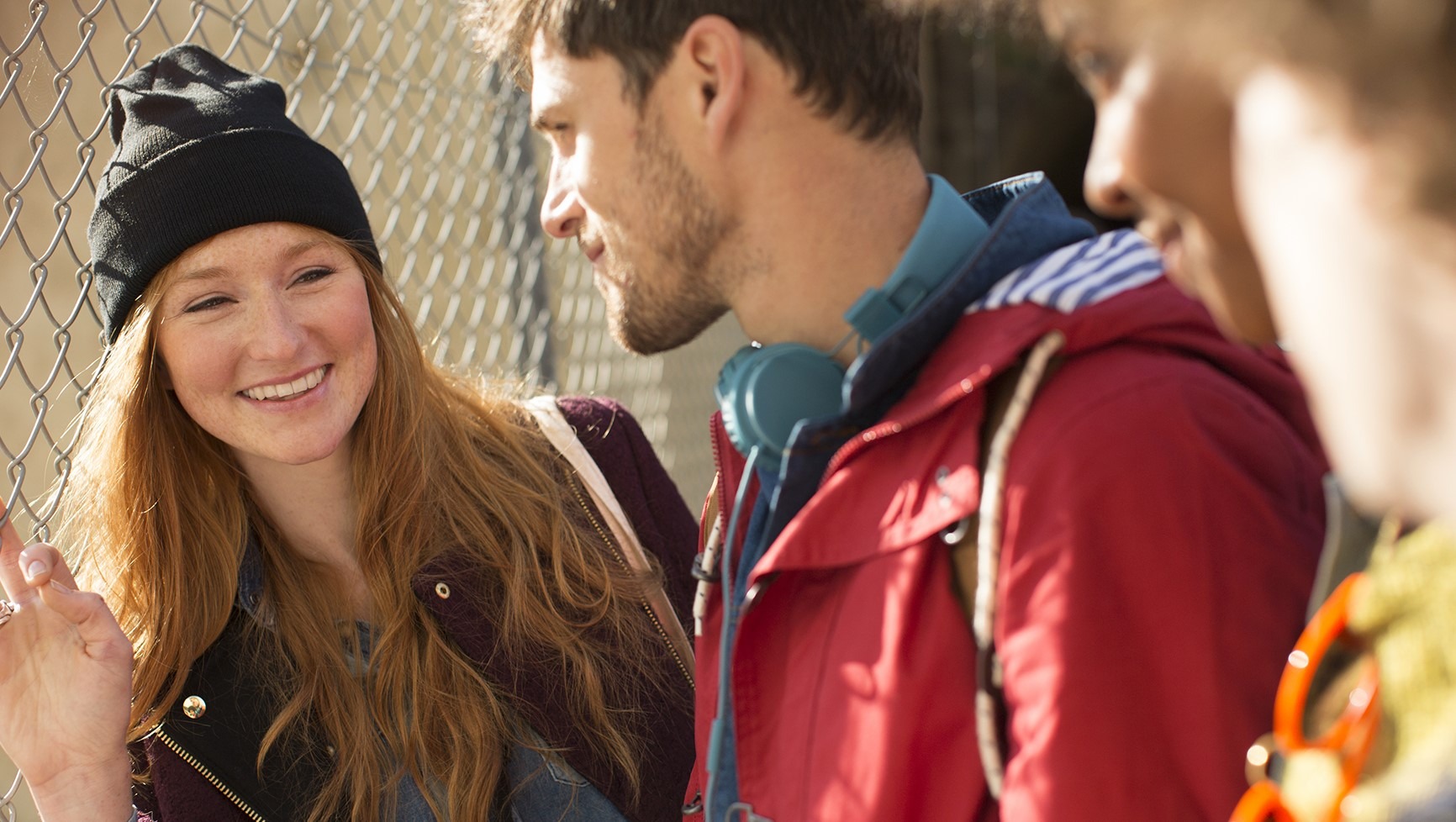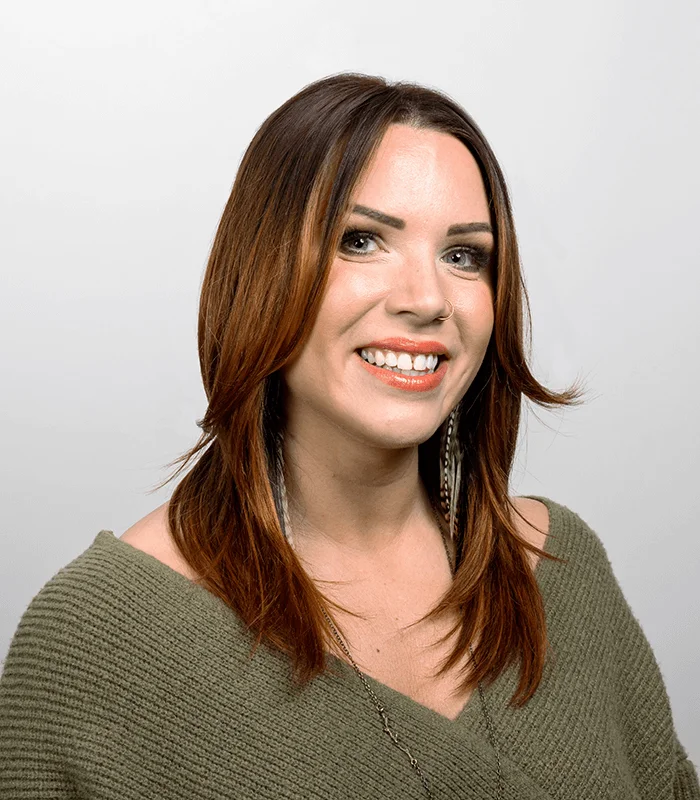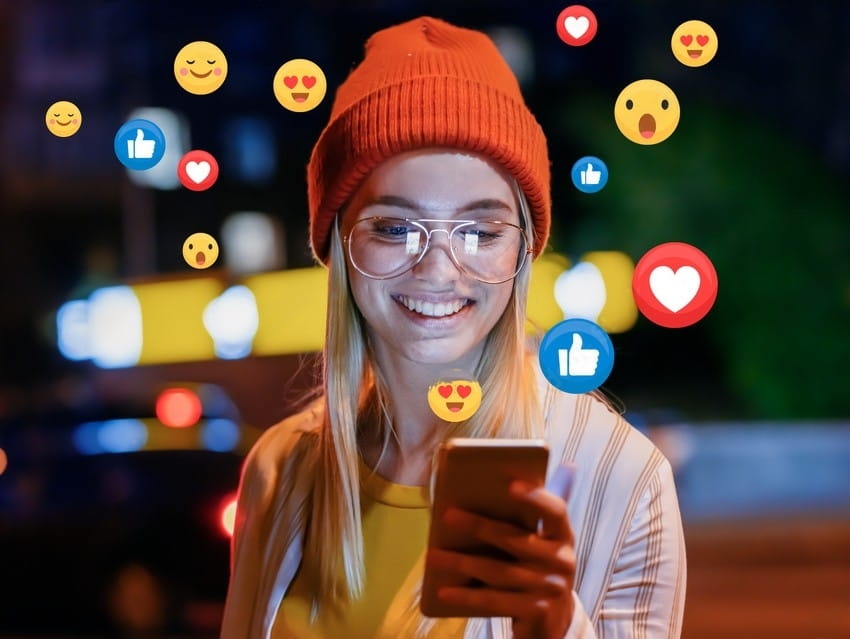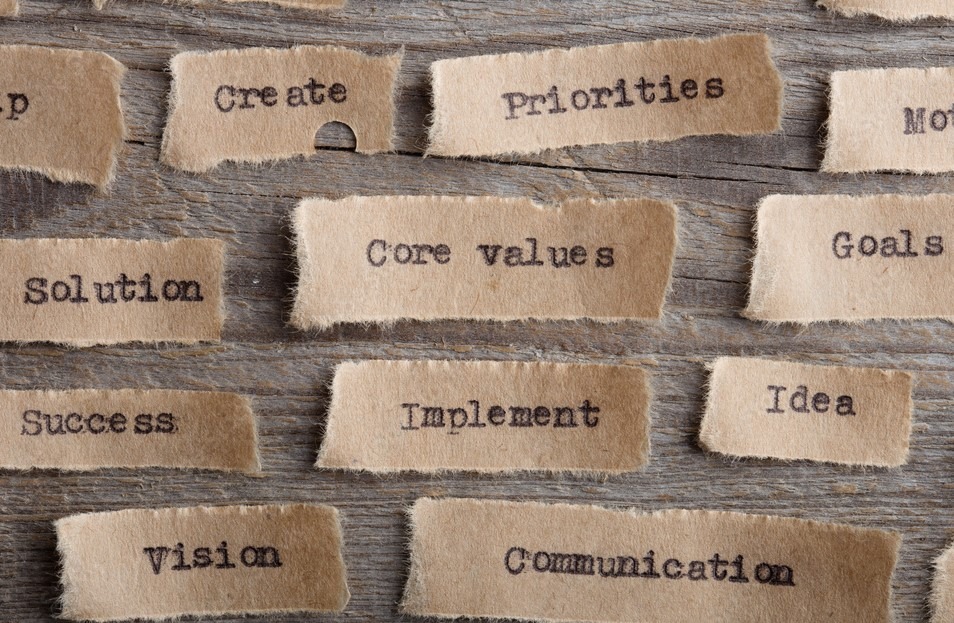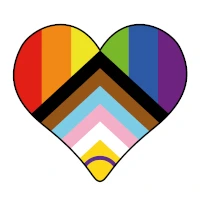We’ve all had that moment when we suddenly think that all our friends hate us. Even when they tell us that they really enjoy our company and want to be around us more. Our brains might say something like “nice try close friend, I know your real agenda is to hate me”. You might start to distance yourself from your friends and begin to protect yourself in case what your brain is saying might be true. So how does this occur?
When we’re young, we form strong bonds with our family. As we grow, we begin to seek out companionship from those around us. Basically, we start to make friends. Over time, these friendships can feel valuable in a different way than those of our family. As we reach young adulthood, we really get to expand our views of the world with these friends. As this occurs, we can start to feel like all our friends hate us and are simply faking it for some unknown reason.
Friends, Neurobiology, and Attachment
Let’s start with the bottom line, neurobiology. It can help to know what’s being affected before we look at what’s happening.
We know that the impact of attachment on the brain begins in the womb. The birth parent’s levels of cortisol (the stress hormone) can impact the development of the fetus’s hypothalamus and the hypothalamus-pituitary-adrenal axis. The hypothalamus (and HPA axis) plays an important role in one’s ability to regulate their own emotions including how they experience rewards. At low levels, cortisol actually encourages growth and neural connections but at high levels, it stops these connections from occurring.
The limbic system is what we’d typically think of when we think of emotional responses (if you’ve been to therapy before you’ve probably talked about the amygdala). We’re going to talk about two parts of this system which can be sensitive to early introductions of cortisol. An impacted hippocampus can result in difficulty remembering emotional experiences and explicit memories. While an impacted amygdala may result in an individual responding to everyone in the same way. On the surface this seems like a great thing! However, we know that every friend, stranger, acquaintance, and caregiver are different and that means that we want to be able to react to them differently. You don’t want to tell a stranger on the street your private information and you don’t want to not tell a close friend when you need support.
How do friends and attachment connect?
Attachment is an important aspect of friendship. Not just the ones you actually form between each other, but the blueprints that were developed by your experiences with your caregiver(s). These archetypes are not the final word on how you’ll develop friendship, there are a lot of nuances to attachment. It’s important to remember that your friendships will also have an impact on your attachment to your caregivers as you age!
Children want to attach to their caregivers. It’s a biological process for survival. Remember when I mentioned the HPA axis? Well, it’s part of the reason that early attachment is so important as it guides what you become attached to. If those caregivers meet your needs, then you’re more likely to seek friends that meet your needs in the future. If they did not, then you might not seek out people that meet your needs without additional support. With these learned behaviours, you might not easily be able to tell when a friend is meeting your needs or not.
You’ve probably heard a lot about the prefrontal cortex (PFC) and how it doesn’t stop maturing until you’re in your mid twenties. This is true, and as you age, it becomes more important to attachment. It’s possibly the reason why you feel more attached to those friends who are around you frequently and whom you’ve shared important experiences with during this time.
Things that can help
(Don’t worry, I asked my friend before I told this story. Remember, consent is always priority #1 in my professional and personal life.) A few years ago, a friend took a risk and told me they had “friendxiety”, which meant that they become overwhelmed and anxious when I wasn’t responding for a few days or in a focused way. I listened and heard what they were saying, “my needs aren’t being met”. Since I really value my friend, I’ve made sure to change my behaviour. I let them know when I am busy and give them a time frame for when I can get back to them. I am more open about what’s going on with me, so they know when I’m not going to be able to be as involved as I normally am. I’m not perfect but the effort has helped, and they’ve been less anxious about our friendship since. I also feel more connected to them because they trusted me enough to tell me.
As my story suggests, the most effective thing you can do is talk to your friends. Communication can solve a lot of concerns; you’ll really hear what they need and can say what you need. If you can’t talk to them for whatever reasons, then it’s best to try a few steps.
H.A.L.T.
When was the last time you ate? Had a good sleep? How are you feeling? Angry? Lonely? Hungry, angry, lonely, tired is a quick cheat sheet to check in with yourself. If you’re angry at the world, you’re probably hungry, and if the world is out to get you, you’re probably tired. If you’ve trusted these friends before, is it possible that one of these situations is causing you to question that now?
Separate fact from feeling: What actually happened? Try to take the experience without interpretation. What was actually said? What actions did they take? Who said what? We can take things out of context based on our past experiences. Let’s try to narrow this to this actual friend!
Find evidence for and against your thought: Why do you think your friend (s) hate you? What specific situation caused that thought? Then break it down into two columns – times when your friend showed that they liked you and times that they showed you that they hated you. It’s not about trying to find the column with the “most”, it’s about thinking about these situations in a more “grey” way.
Benefit of the doubt: If you looked for evidence but still feel that your friends hate you, give them the benefit of the doubt. If there are two possible meanings for a situation with your friend, assume that they meant the one that isn’t as painful. At least the first time you have this thought.
Friends, Therapy, and Unstuck
Attachment is a complex process that begins before birth. However, it also changes significantly over your lifespan. While there are a lot of benefits to this, it also means that you might second guess yourself and think that all of your friends hate you. The tips above are there to demonstrate that they probably don’t hate you, it’s more likely deeper than that. We can help you get to the bottom of these feelings and move forward. It doesn’t feel good to believe the people you trust the most hate you. Book a risk-free consultation today.
Angela MacLeod, R. Psych
References
Chambers, J. (2017). The neurobiology of attachment: From infancy to clinical outcomes. Psychodynamic Psychiatry, 45(4), 542-563.
Douglas, J. (2020). Loss of friendship following traumatic brain injury: A model grounded in the experience of adults with severe injury. Neuropsychological Rehabilitation, 30(7), 1277-1302.
Perry, R., Sullivan, R. M. (2014). Neurobiology of attachment to an abusive caregiver: Short-term benefits and long-term costs. Developmental Psychobiology, 56(8), 1626-1634.
Rubin, K. H., Dwyer, K. M., Burgess, K. B. (2004). Attachment, friendship, and psychosocial functioning in early adolescence. Journal of Early Adolescence, 24(4), 326-356.
Selfhout, M. H., Branje, S. J., Meeus, W. H. (2009). Developmental trajectories of perceived friendship intimacy, constructive problem solving, and depression from early to late adolescence. Journal of Abnormal Child Psychology, 37, 251-264.
Sullivan, R. M. (2012). The neurobiology of attachment to nurturing and abusive caregivers. Hastings Law Journal, 63(6), 1553-1570.
